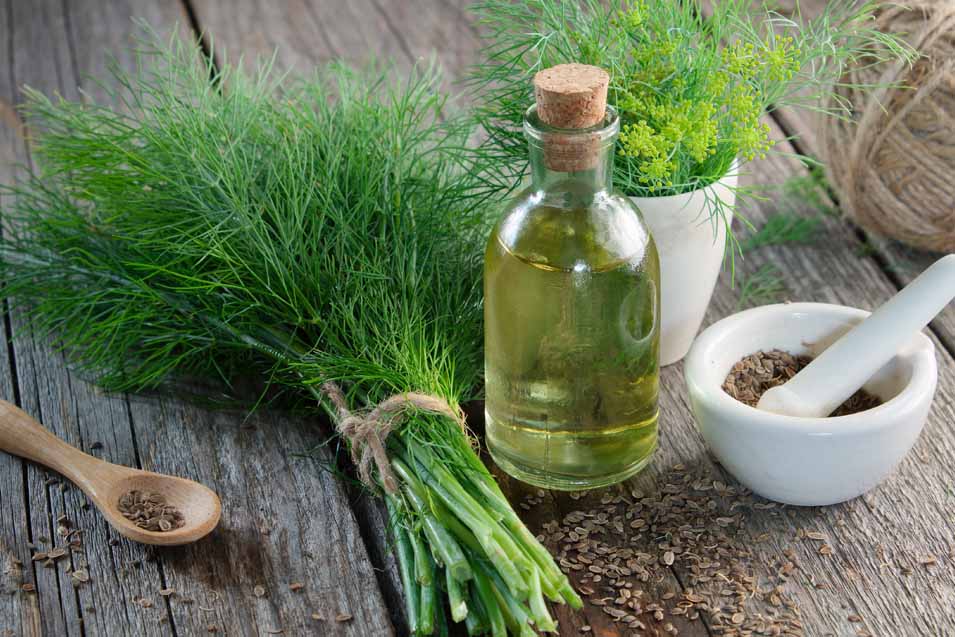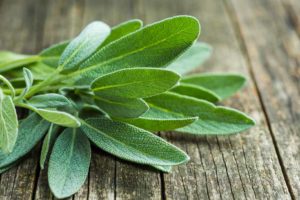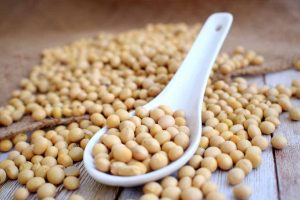If you only know dill from eating dill pickles, you are missing out on a lot of its uses! Dill (also called dill weed) is widely used as an herb in foods in Europe and parts of Asia. Dill weed, its seeds, and flowers are also used in soaps, cosmetics, and in folk medicine. Are you wondering if dogs can eat dill? Learn more about dill below.
Nutrition
Dill is an ancient herb. It was found in the tomb of the Egyptian Pharaoh Amenhotep II dating back to around 1400 BC. It was also used by the Greeks and Romans. It is widely used in European cuisines as well as foods in the Middle East and parts of Asia.
Dill oil is extracted from the leaves, seeds, and stems of the plants and used in soaps. Dill is frequently added to soups in central and eastern Europe. In the UK, it is a popular addition to fish. In India, it is added to some curries.
Fresh dill is much more potent than dried dill.
In folk medicine, dill has been used to treat digestive problems, colic in babies, and bad breath.
Dill is generally low in most vitamins and minerals. You would have to eat lots and lots of dill to meet your daily recommended needs. However, it does have other health benefits.
Dill leaves and seeds have been shown to be rich in several plant compounds that have antioxidant properties such as flavonoids, terpenoids, and tannins. Flavonoids are associated with reducing the risk of heart disease, stroke, and some kinds of cancer. They may also help brain health.
Terpenoids are found in essential oils. They may help protect against diseases of the liver, heart, kidney, and brain.
Tannins are responsible for the bitterness in some plant foods. They appear to have strong antioxidant properties and antimicrobial effects.
Dill has been shown to have antibacterial activity against Staphylococcus aureus; and antimicrobial activity against Saccharomyces cerevisiae.
Dill is considered to be generally safe for consumption. However, there have been some cases where people have had allergic reactions to dill. The reactions led to vomiting, diarrhea, an itchy mouth, swollen red bumps on the tongue, and swelling of the throat. If you have allergies to plants in the carrot family, that may carry over to dill. Other related plants in this family include asafoetida, caraway, celery, coriander, and fennel.
For women who are pregnant or nursing, it’s recommended to avoid dill pills or extracts, or consuming large amounts of dill. There is limited research on their safety in these forms.
For diabetics, dill extract may lower blood sugar levels. You should watch for signs of low blood sugar and watch your levels carefully if you have diabetes and use dill extract in amounts larger than are normally used in food. If you take medications for diabetes, talk to your doctor about the dill or dill extracts you consume since they can interfere with the medication and your blood sugar levels.
If you are hypothyroid (low thyroid), dill appears to lower thyroid hormone levels. This can worsen symptoms in people who have an underactive thyroid.
According to WebMD.com, dill juice applied to the skin can cause skin irritation for people with dill allergies. Fresh dill juice can also make the skin extra sensitive to sunlight and put someone at greater risk for sunburn or skin cancer.
Dill interacts with some medications such as lithium. This is due to the fact that dill can act as a diuretic and interfere with how the body processes and eliminates lithium. Talk to your doctor is you take lithium and dill extracts or consume large amounts of dill.
Dill has some potentially promising health benefits but it has not been studied extensively. Some study results have been mixed.
Can Dogs Have Dill?
Yes, dill is generally safe for most dogs to eat, in small amounts. Dogs can benefit from some of the things that dill is traditionally known for such as being a digestive aid, soothing the stomach, and improving bad breath. It usually helps with gas and nausea, for example. If you have a dog that loves to take a dive into your trash, it can be a good idea to keep a little dill on hand in case your dog has an occasional upset stomach or some bad breath afterwards.
Since dill also has some powers as an antimicrobial and antibacterial, it can be good for killing off bad breath germs on a regular basis. It’s one of the herbs frequently used in dental products for dogs.
There are some dogs that should steer clear of dill. If your dog is diabetic or has low thyroid (not uncommon in dogs today), it’s best to avoid dill since it can affect blood sugar levels and lower thyroid hormone levels.
If your dog is pregnant or nursing, avoid giving her dill or dill extracts.
If your dog is allergic to dill or any plants in the carrot family, it’s best to avoid dill.
If your dog is taking medication for any condition, we suggest talking to your veterinarian to make sure the dill won’t interact with your dog’s medication.
How Much?
As we mentioned earlier, fresh dill is considered to be stronger than dried dill. If you are using dried dill, you typically have to use more of the herb than the fresh sprigs.
There are several ways you can give dill to your dog. You can sprinkle some of the fresh leaves in his food. You can make a tea from dill seeds with 1 teaspoon of dill seeds to 8 ounces of water. Give 2-8 ounces to your dog after it has cooled, depending on his size.
Not all dogs are fans of the taste of dill. If your dog doesn’t like the taste, you can use broth instead of water when you make the tea.
You can also add some dill to homemade dog cookies or treats.
How often?
As long as your dog doesn’t have any health issues that would be affected by dill such as diabetes or hypothyroidism, you could give your dog small amounts of the herb every day.
Conclusion
Dill has been used for millennia in cooking and in folk medicine. It is known for being a digestive aid, for soothing babies with colic, and for eliminating bad breath. It may have other health benefits which haven’t yet been proven. Dill is safe for most dogs in small amounts. If your dog is diabetic, has low thyroid, or is pregnant/nursing, dill should be avoided. If you have questions about dill and your dog, talk to your veterinarian.






